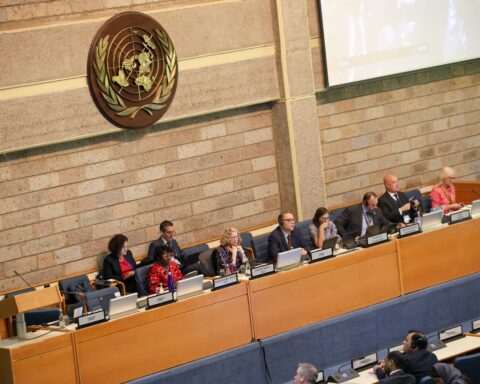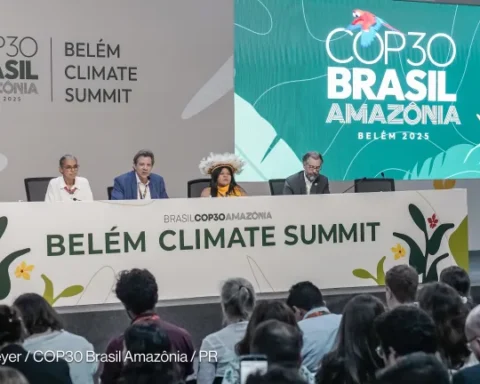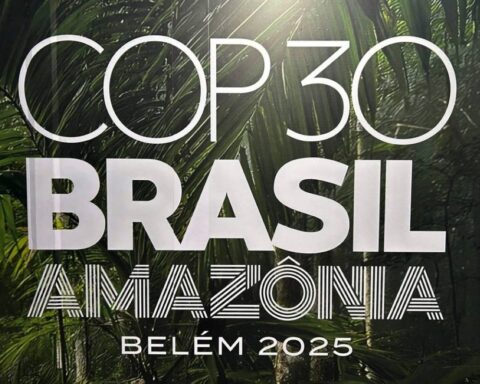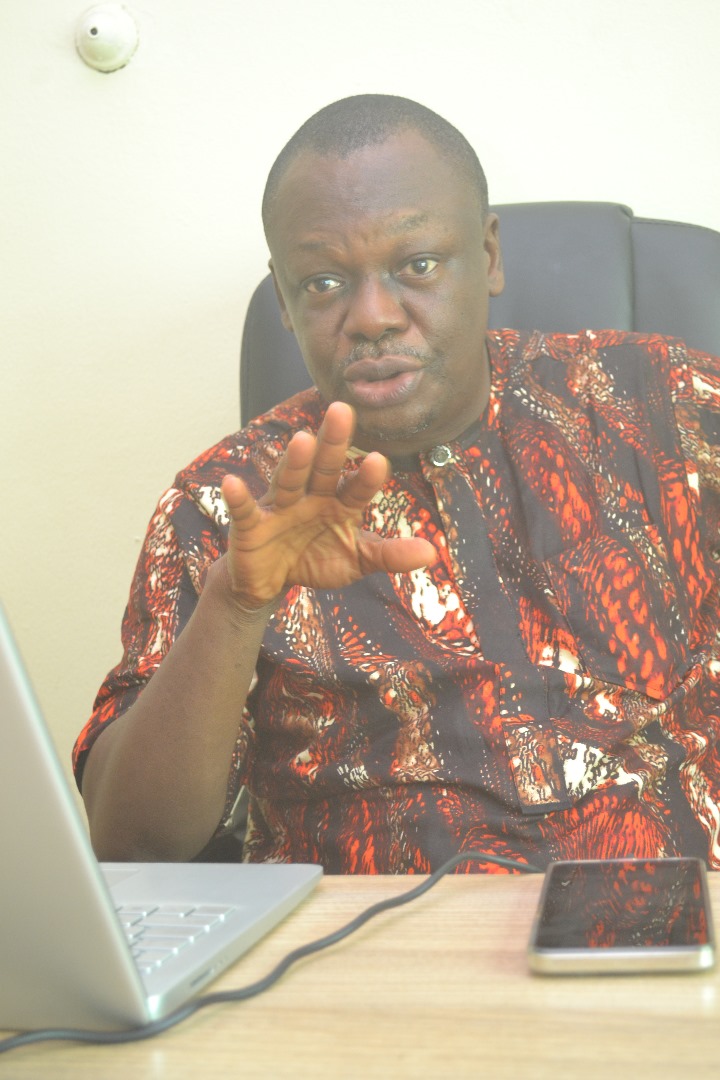As climate impacts escalate, the United Nations Environment Programme (UNEP) has sounded the alarm in its latest Adaptation Gap Report 2024, highlighting the urgent need for enhanced adaptation measures to protect vulnerable populations from climate-related disasters.
The report, titled Come Hell and High Water, calls on nations to take decisive action on adaptation financing at COP29, which kicks off next week in Baku, Azerbaijan.
Global temperatures are rapidly approaching the critical 1.5°C threshold above pre-industrial levels.
UNEP’s Emissions Gap Report estimates that, without immediate and substantial reductions in greenhouse gas emissions, the world could experience a catastrophic rise in temperatures of up to 3.1°C by the end of this century.
UN Secretary-General António Guterres, in a video message accompanying the report’s release, warned of the devastating impacts of climate change, which are hitting the world’s poorest and most vulnerable populations hardest.
“Climate catastrophe is hammering health, widening inequalities, harming sustainable development, and rocking the foundations of peace,” adding that while taxpayers bear the brunt of the damage, major polluters in the fossil fuel industry continue to profit from emissions.
UNEP Executive Director Inger Andersen painted a grim picture of what communities are already facing.
“Raging storms are flattening homes, wildfires are wiping out forests, and drought is degrading entire landscapes.
“People, their livelihoods, and the ecosystems they rely on are in real peril,” Andersen stated, calling for a strengthened commitment to adaptation efforts as “a preview of what our future holds without urgent action.”
Despite modest gains in climate finance, the report highlights a vast gap between what is available and what is needed.
International adaptation finance for developing nations rose from $22 billion in 2021 to $28 billion in 2022, marking the largest yearly increase since the Paris Agreement.
However, this remains a fraction of the $187-359 billion needed annually, with current financing levels only covering about 5 per cent of the shortfall.
The report underscores that this gap exacerbates debt burdens in developing countries, which already grapple with escalating climate losses and damage.
Achieving fairness and equity in climate adaptation, therefore, is critical, particularly for communities that are least responsible for climate change but are bearing its brunt.
The Adaptation Gap Report 2024 urges countries to adopt a robust new quantified climate finance target at COP29, alongside more ambitious adaptation strategies in their next climate pledges due in early 2025, just ahead of COP30 in Belém, Brazil.
The findings also emphasize the urgency for wealthy nations to meet the Glasgow Climate Pact goal to double adaptation financing by 2025, a target deemed essential to bridging the adaptation finance gap.
This commitment, initially pledged during COP26 in 2021, reflects ongoing calls for accountability and action from developing nations, which have continuously stressed the disproportionate impact of climate change on their economies and communities.
With each delay, experts warn, communities around the world are increasingly vulnerable to a future marked by severe weather, environmental degradation, and worsening socio-economic disparities.
By Dare Akogun








